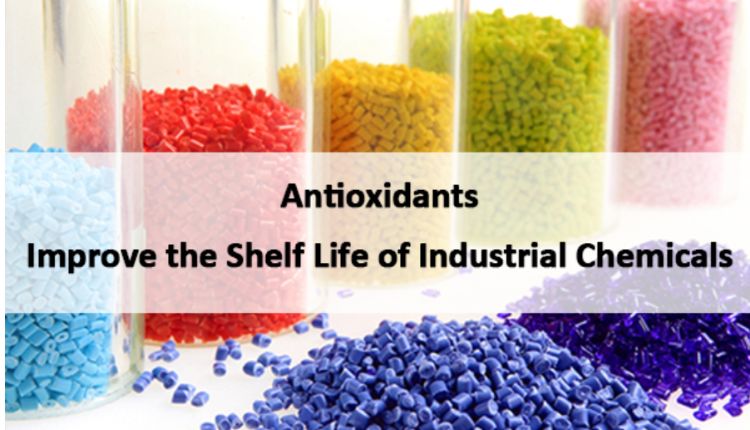Antioxidants are special additives that help protect industrial chemicals from oxidation, which can cause deterioration, color changes, and loss of effectiveness. Oxidation happens when chemicals react with oxygen, heat, or light, leading to unwanted changes. By adding antioxidants, manufacturers can keep their products stable, safe, and efficient for a longer time.
Whether it’s in plastics, fuels, lubricants, or coatings, antioxidants play a crucial role in maintaining quality. Let’s dive into how they work and why they’re so important.
Antioxidants act as protective agents by:
- Neutralizing Free Radicals – They stop unstable molecules from causing damage.
- Preventing Oxidation – They block the chemical reactions that lead to degradation.
- Enhancing Stability – They keep the structure and effectiveness of chemicals intact.
Industrial chemicals are used in a wide range of applications, from plastics and rubbers to fuels and coatings. Without antioxidants, these chemicals can break down, affecting their performance. Here’s why antioxidants are a must-have:
1. Extend Shelf Life
By preventing oxidation, antioxidants ensure that chemicals maintain their original properties for a longer time. This helps reduce waste and increases efficiency in industrial processes.
2. Improve Performance
Stable chemicals lead to better product performance. Whether it’s a lubricant, plastic, or coating, antioxidants keep everything working as expected.
3. Protect Against Environmental Factors
Heat, UV light, and air exposure can degrade industrial chemicals. Antioxidants create a protective shield, preventing these factors from causing damage.
4. Enhance Safety
Stable chemicals are safer to handle, store, and transport. Antioxidants help maintain chemical integrity, reducing unexpected changes.
Where Are Antioxidants Used?
Antioxidants are found in many industrial applications, ensuring quality and stability. Let’s take a look at some key areas where they make a difference:
| Industry | How Antioxidants Help |
| Plastics & Polymers | Prevents color fading and brittleness in plastic products. |
| Rubber | Enhances durability and flexibility in rubber materials. |
| Fuels & Lubricants | Keeps fuels fresh and prevents oil thickening. |
| Coatings & Paints | Maintains color stability and prevents cracking. |
| Adhesives & Sealants | Ensures long-lasting bonding strength. |
How to Choose the Right Antioxidant for Industrial Use
Selecting the right antioxidant depends on the specific needs of the chemical or material. Here’s what to consider:
- Type of Chemical – Different materials require different antioxidants.
- Environmental Exposure – Heat, light, and air exposure determine which antioxidant is most effective.
- Processing Conditions – Some antioxidants work better at high temperatures, while others perform well in different environments.
With advancements in chemistry, new and improved antioxidants are being developed to enhance stability, performance, and sustainability. The use of eco-friendly antioxidants is gaining attention, providing long-lasting benefits without environmental concerns. By choosing the right antioxidant solutions, businesses can improve efficiency, reduce waste, and maintain top-tier product performance.
